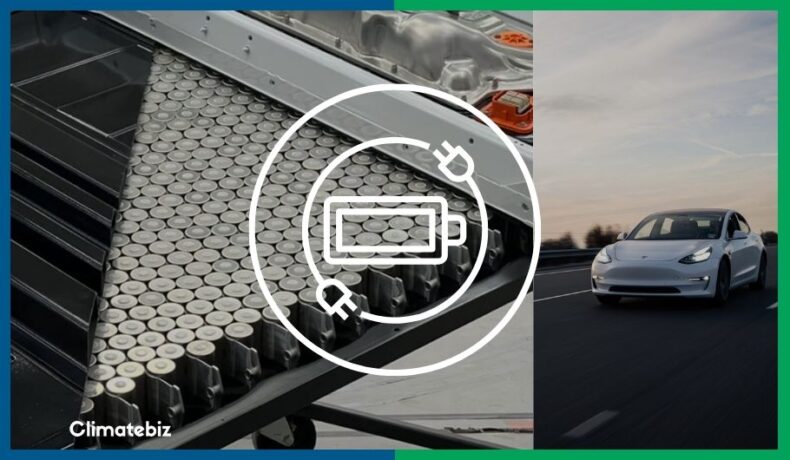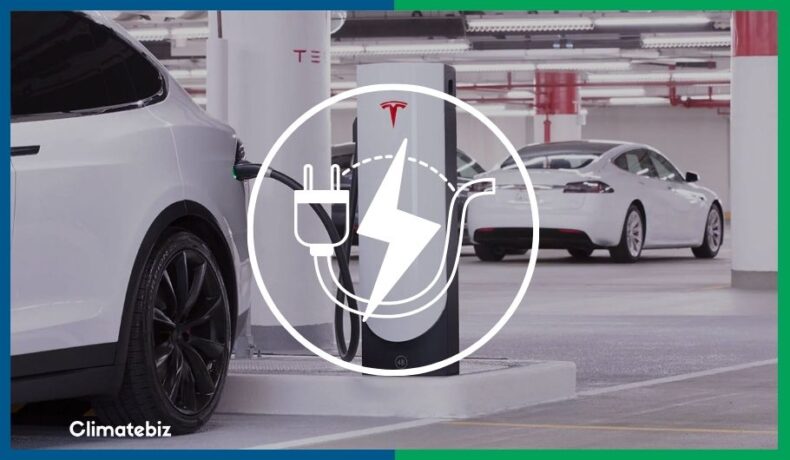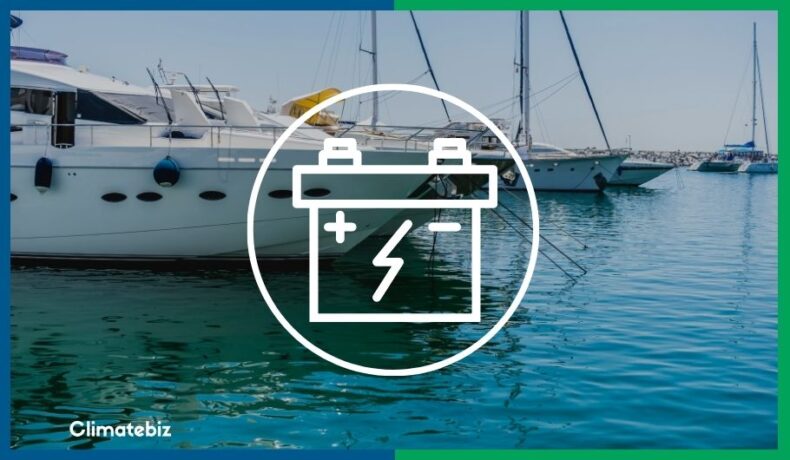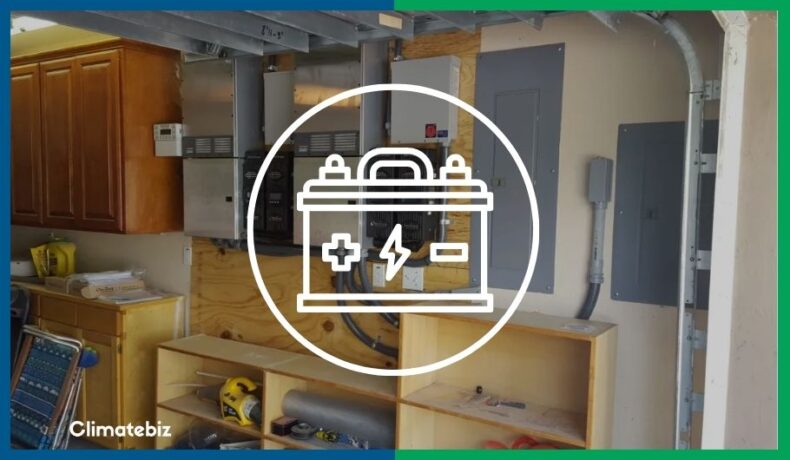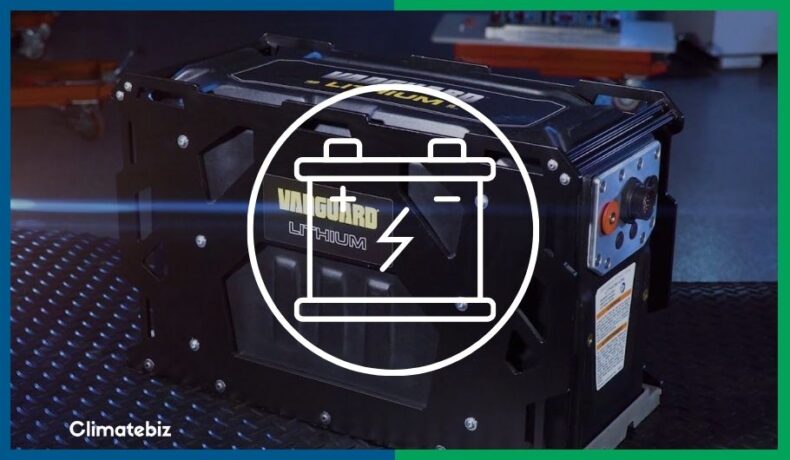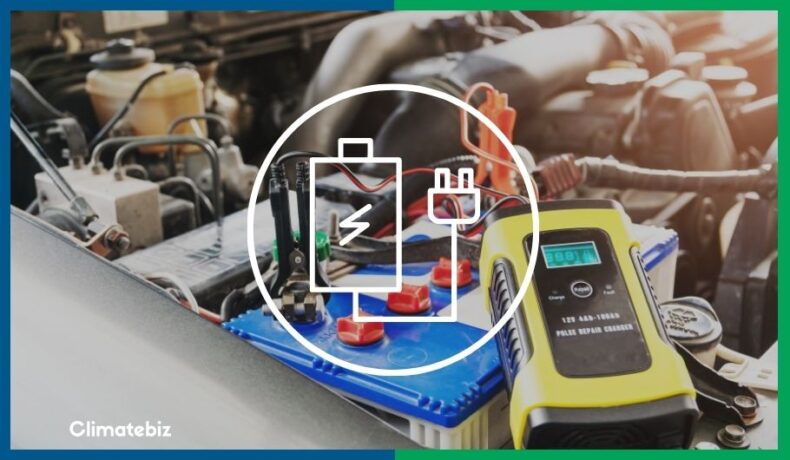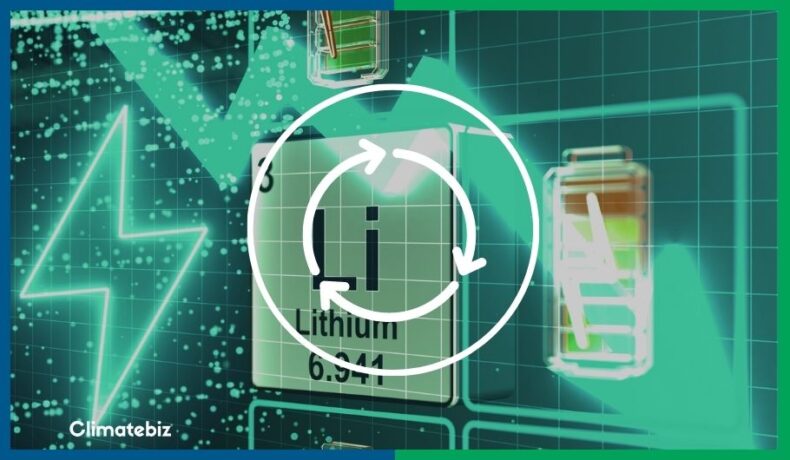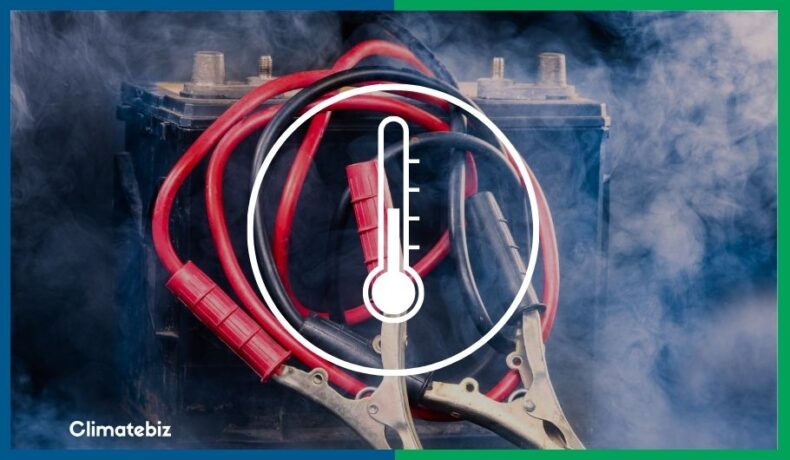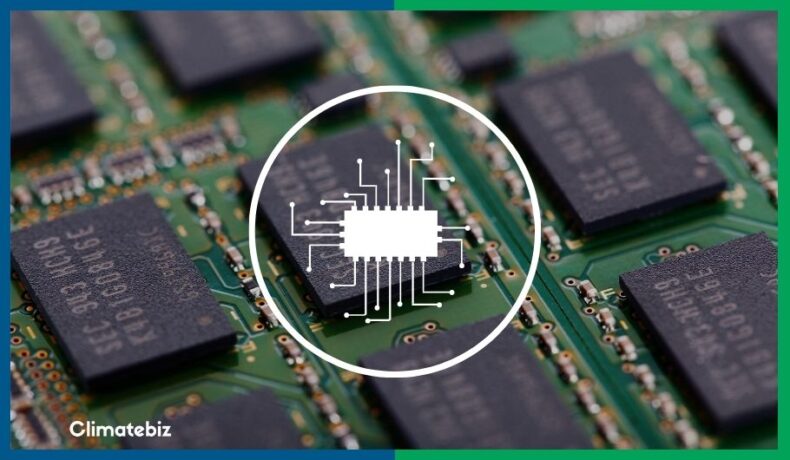Solar Panel Dimensions Chart
Doing your homework on solar panel dimensions can really come in handy if you’re planning to power your house or RV with solar energy. Here’s why: Your first task when setting up a solar energy system is to estimate your energy needs. With this, you can calculate the number of solar panels you’ll need according … Read more


